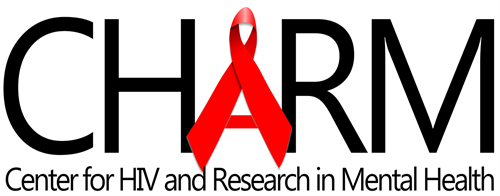The UM team contacted the Center for Disease Control (CDC) to request an investigation of the patients in Miami, as they believed they had the same syndrome that was being reported in the news. After numerous site visits, the CDC became convinced that the illness was identical in homosexuals and heterosexuals. In March 1983, the UM physicians published the first description of AIDS in heterosexual patients in the Annals of Internal Medicine. UM’s research continued to be critical in helping the CDC put the puzzle together. The diverse Miami community contained all the various populations affected by the epidemic. In addition to showing that Haitian patients had not contracted AIDS from intravenous drug abuse or homosexual transmission, UM doctors were among the first to report AIDS patients with hemophilia and to describe women and babies with symptoms strongly indicating AIDS.
The UM has demonstrated a longtime commitment to HIV clinical care and research through support of the UM Comprehensive AIDS Program (CAP), established in 1988. This program coordinates data collection, HIV surveillance, community outreach, and funding for HIV care from sources such as Ryan White Title 1 and the State of Florida. The Miami Center for AIDS Research (CFAR) first received funding from the National Institute of Allergy and Infectious Diseases as a developmental center in 2007 and full CFAR designation in 2012. The initial application was written by Drs. Pahwa, Scott, Fischl, and Metsch. The group assembled around a conference table to establish the vision and cores for the CFAR. Ms. Perez, Sr. Manager, Sponsored Programs in Microbiology and Immunology, then hand stamped the 900-page document before sending it in the post.
The HIV/AIDS and Emerging Infectious Diseases Institute (HEIDI) at UM was established in 2015 with the mission to stimulate innovation, support interdisciplinary collaboration and create synergy among the various HIV/AIDS initiatives and programs with the goal of speeding significant advances in understanding, preventing and treating HIV infection and AIDS associated malignancies. The Center for HIV and Research in Mental Health (CHARM) received funding from the National Institute of Mental Health to establish in 2019.
The CFAR, HEIDI, CHARM and CAP are key contributors to The Ending the HIV Epidemic initiative to ending AIDS in the United States by 2030.


